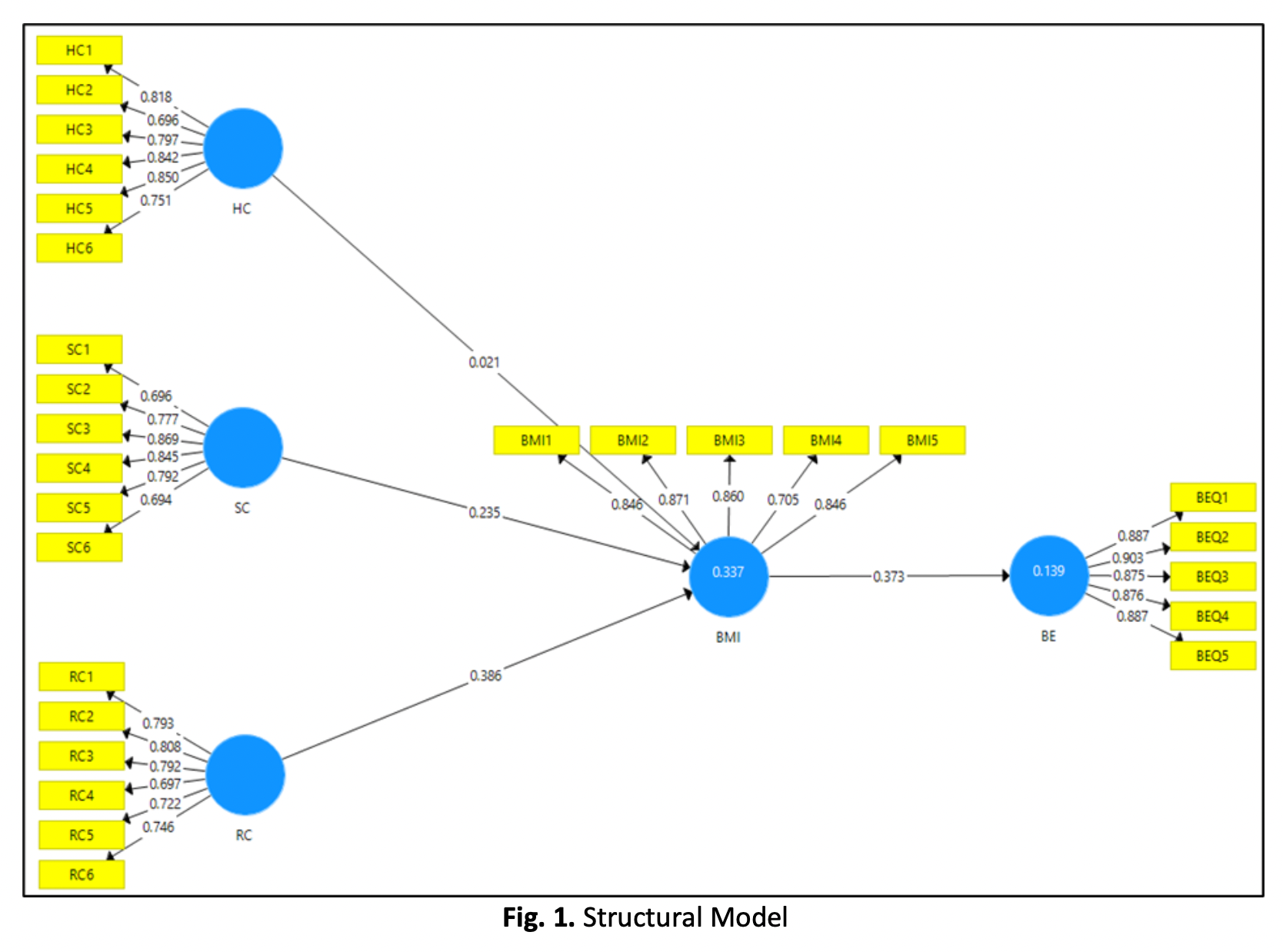Intellectual Capital and Business Model Innovation: Boosting Brand Equity through SME Food Outlets’ Entrepreneurial Efforts
DOI:
https://doi.org/10.37934/araset.34.2.210221Keywords:
Business Model Innovation, Brand Equity, Intellectual CapitalAbstract
The online food delivery industry in Malaysia has been gaining traction among the local community. The adoption process has been accelerated by the Covid-19 pandemic as the government has imposed movement restrictions throughout the country. This has increased the importance of efficient food delivery services to residential areas through a seamless ordering process. This industry operates within the larger umbrella of the sharing economy, along with ride hailing services, co-working space, and other markets. The research surrounding these industries have been steadily increasing to include the viability of these business models and consumer acceptance of this disruption towards existing business models. However, there is little research from the perspective of the service providers such as the food outlet operators in this case. This paper will use Malaysian SME food outlets as a unit of analysis, which were selected from the lists of local merchants operating with Grabfood and Food panda, the two largest food delivery aggregators in the country. The first research objective is to understand the impact of intellectual capital components on business model innovation. Intellectual capital comprises of three elements. This includes structural capital, relational capital, and human capital. The second objective is to investigate the impacts that business model innovation activities have on a firm’s brand equity. Finally, the study will examine if business model innovation activities have a mediating effect between intellectual capital components and brand equity. The results of the study indicate that intellectual capital has a significant impact on the success of business model innovation activities, which also impact brand equity significantly. Furthermore, a mediating effect was also present in this study. The result of this study will contribute to the rapidly growing industry, which is also listed as a key economic growth area (KEGA) under the Shared Prosperity Vision 2030 in Malaysia.
Downloads





























